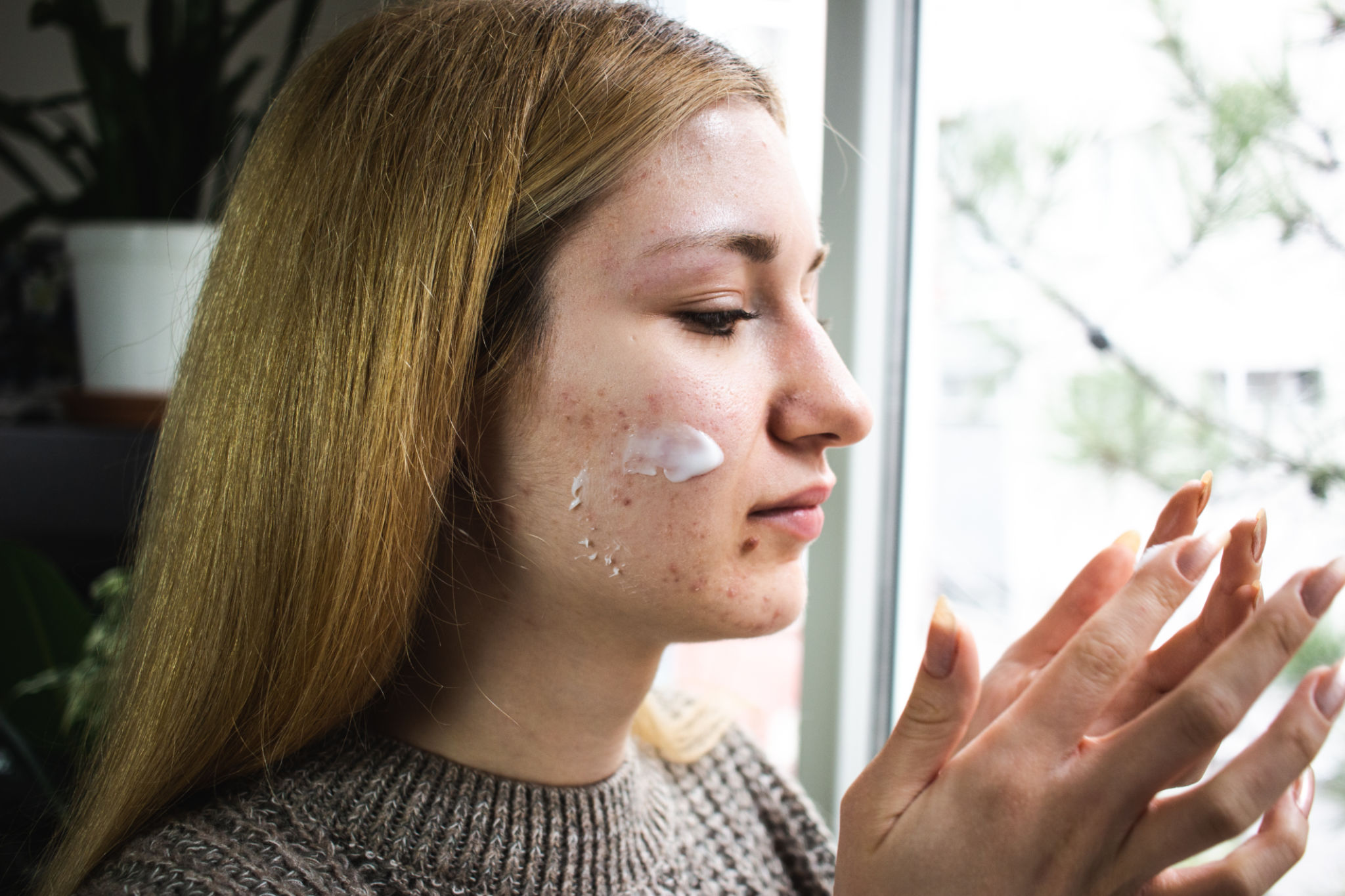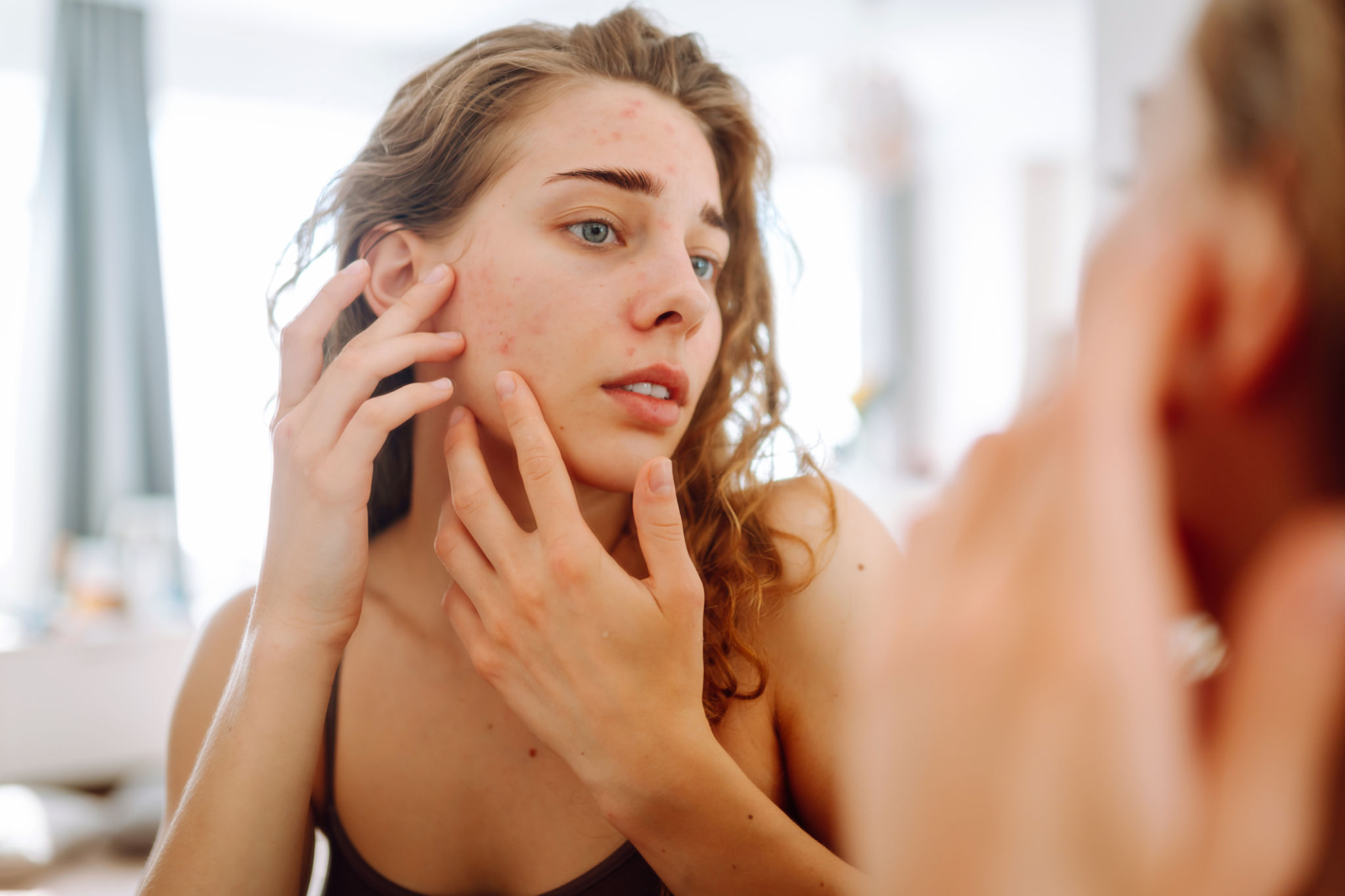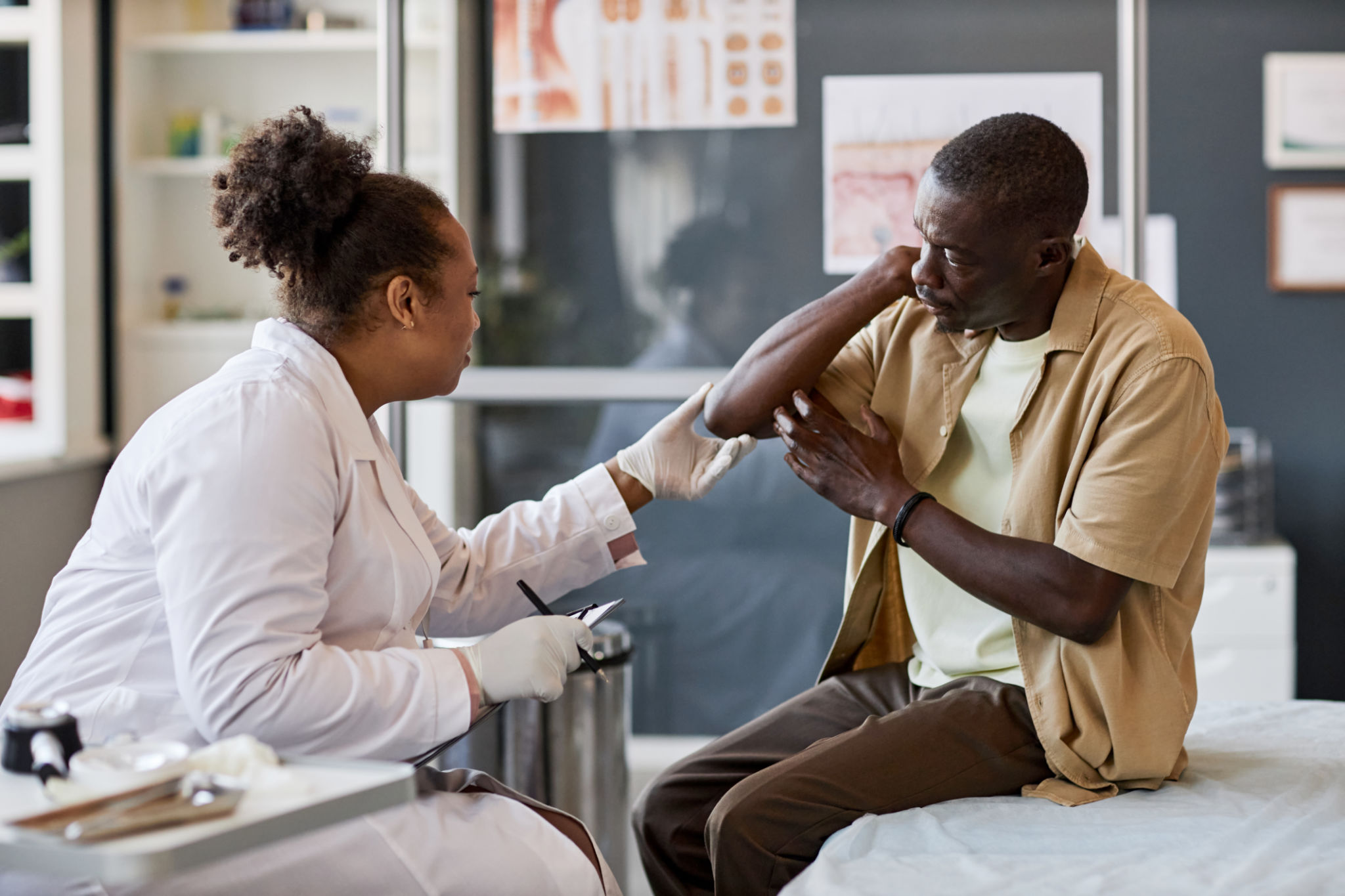Expert Insights: Understanding Acne and How to Combat It Effectively
Understanding Acne: An Overview
Acne is a common skin condition that affects millions of people worldwide, regardless of age. It occurs when hair follicles become clogged with oil and dead skin cells, leading to blackheads, whiteheads, pimples, and in some cases, cystic lesions. While acne is most prevalent among teenagers, it can persist into adulthood and vary in severity.

The causes of acne are multifaceted and can include factors such as hormonal changes, genetics, diet, stress, and certain medications. Understanding these factors is crucial in developing an effective approach to managing and treating acne.
Common Causes of Acne
Hormones play a significant role in the development of acne. During puberty, increased levels of androgens cause the sebaceous glands to produce more sebum, an oily substance that can clog pores. Hormonal fluctuations during pregnancy or menstruation can also contribute to acne flare-ups.
Genetics is another important factor. If your parents had acne, you might be more likely to experience it too. Additionally, dietary habits such as high sugar intake and dairy consumption have been linked to acne in some individuals.
Effective Treatments for Acne
Treating acne requires a multifaceted approach tailored to individual needs. Over-the-counter options such as benzoyl peroxide and salicylic acid are effective for mild acne. For more severe cases, dermatologists may prescribe topical or oral medications like retinoids and antibiotics.

In addition to medication, lifestyle changes can significantly impact acne management. Maintaining a consistent skincare routine, reducing stress through activities like yoga or meditation, and adopting a balanced diet rich in fruits and vegetables can all help reduce acne symptoms.
Skincare Routine for Acne-Prone Skin
A comprehensive skincare routine is essential for anyone dealing with acne. Here are some steps to consider:
- Cleansing: Use a gentle cleanser twice daily to remove excess oil and impurities without stripping the skin.
- Exfoliating: Incorporate exfoliation a few times a week to shed dead skin cells and prevent clogged pores.
- Moisturizing: Choose a non-comedogenic moisturizer to keep the skin hydrated without exacerbating breakouts.
Advanced Treatments: When to See a Dermatologist
If over-the-counter treatments and lifestyle changes do not yield satisfactory results, consulting a dermatologist is advisable. Dermatologists can offer advanced treatments such as chemical peels, laser therapy, or extraction procedures for stubborn acne.

Additionally, they can provide personalized advice and prescribe medications tailored to your specific skin type and condition, ensuring the most effective treatment plan.
Preventing Future Breakouts
Prevention is a key component of managing acne effectively. Regularly changing pillowcases, avoiding touching the face, and using non-comedogenic makeup can help minimize the risk of future breakouts. Staying informed about your skin's needs and adapting your skincare routine accordingly is also crucial.
By understanding the underlying causes and adopting targeted treatments and prevention strategies, individuals can manage acne more effectively and achieve clearer skin. With patience and persistence, it is possible to combat acne successfully.
